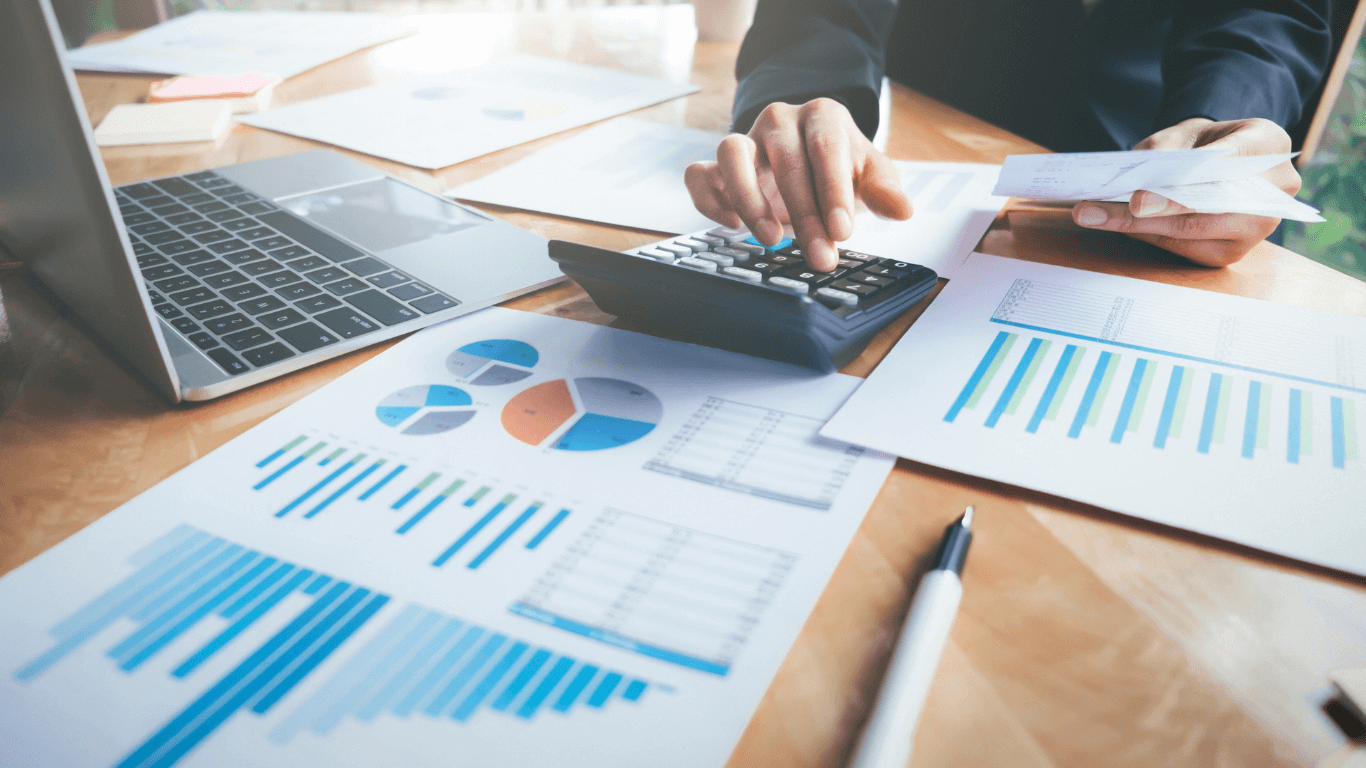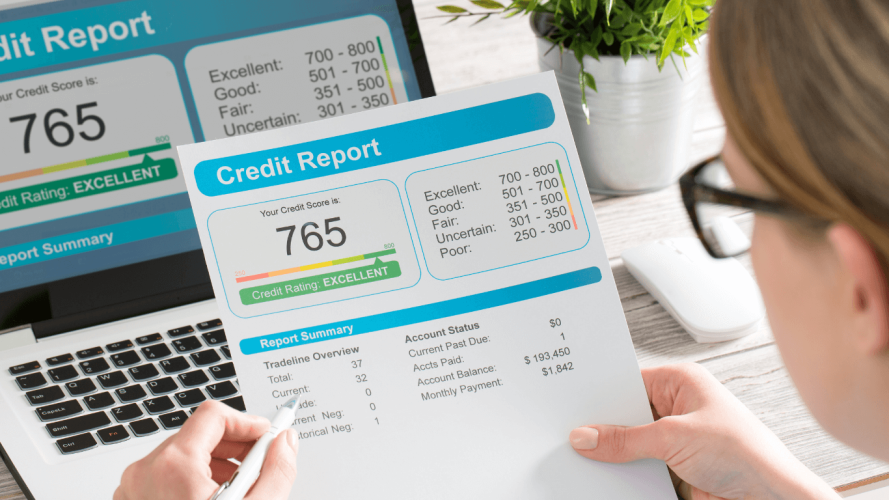Debt Collection and Your Credit Report
When hard times come and you can’t pay your bills, it can cause a lot of stress. It’s even more stressful when the bills you can’t pay end up in collections. Once a debt ends up in collections, the original lender has sent your unpaid debt to a third party to collect it. Just about any kind of debt can end up in collections, including student loans, auto loans, mortgages, and credit cards. Here’s what you need to know about debt collection and your credit report.
What is a Debt Collection Account?
In most cases, your original creditor doesn’t refer your debt to an outside debt collector until you’ve missed a few payments and they have been unable to get you to make your payments. They may have attempted to collect the debt by sending you letters, emails, or calling you on the phone.
Debt collection accounts can appear as separate items on your credit report, and they can have a seriously negative impact on your credit score. The longer a payment is past due, the more it can hurt your credit.
Should I Pay Debt Collection Accounts?
You may feel that since the collection account has already damaged your credit, there’s no point in paying it. It’s better to work toward catching up on past due bills before they end up in collections, but once an account is in collections, it may help your score to pay it off.
Some scoring models ignore collection accounts that have a zero balance. Older scoring models may still take a collections account into consideration even if it’s paid off. Collection accounts can remain on your credit report for seven years from the last time you made a payment to either the original creditor or the new debt holder (aka collection agency).What if I Believe the Information is Inaccurate?
There are people who pose as debt collectors that are really scam artists. Be leery of anyone who asks you for personal information such as your social security number or the account number of the debt. A legitimate debt collector already has that information.
If you are contacted about a debt that you don’t recognize or if you’re contacted about an account that you do recognize but have already paid, you have a right to obtain more detailed information from the debt collector. If you have documentation that proves it’s already paid, let them know that it’s paid and to stop contacting you, and make sure your credit report reflects accurate information.
Working on Your Credit Score
Even if you’ve had credit issues in the past, it’s possible to rebuild your credit. It’s always better to pay your bills on time whenever possible, but if you do fall behind, don’t ignore your creditor’s efforts to contact you. Try to work out a payment plan. Once a collection agency is involved, collectors are usually willing to work with you and they may accept a partial payment to satisfy the debt in full.
If debt collectors have reported incorrectly to the credit bureau or if you find any other errors on your credit report, it’s important to dispute them, especially when you’re working on rebuilding your credit score. Dovly is an AI credit engine that can help you dispute any errors you find on your credit report. Try it risk-free with our free membership tier. Get in touch with Dovly today.



